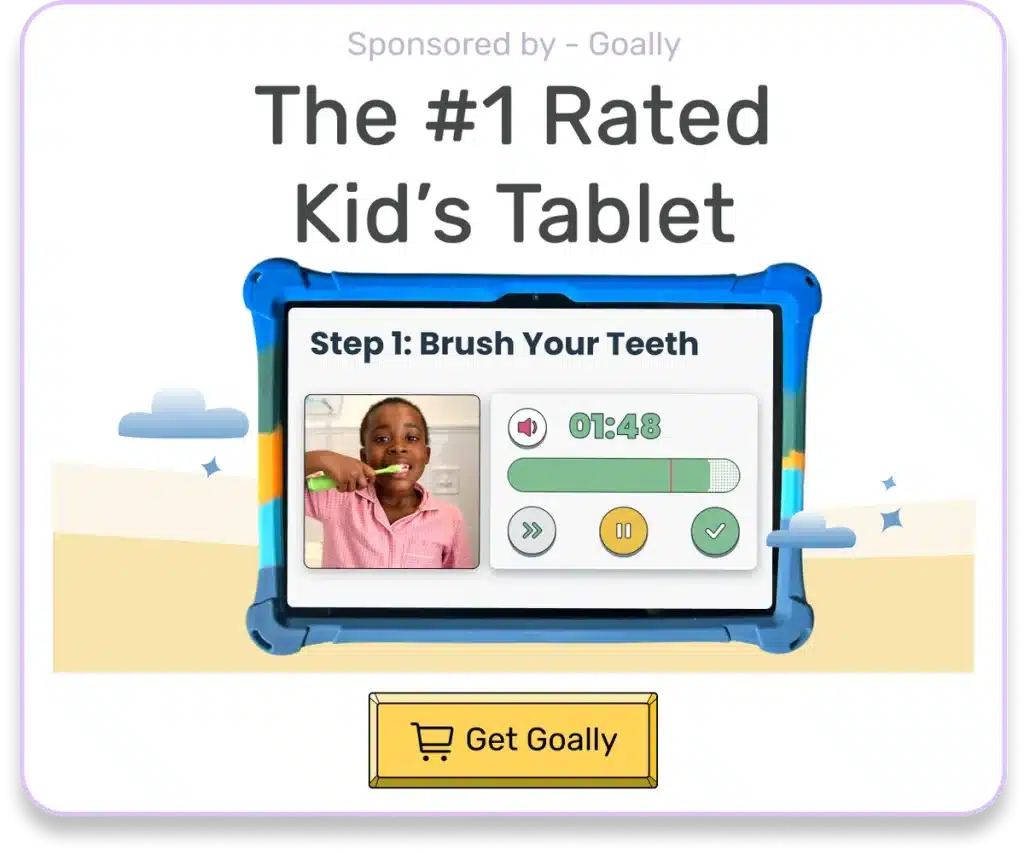As a dedicated parent, you’re always seeking reliable information to help your neurodivergent child flourish. You might have stumbled upon the question, “Is ADHD a brain injury?” and wondered if there’s any truth behind it. In this blog post, we’ll look into the science of ADHD, dispel common myths, and offer practical tips to support your child’s growth and development.
Table of Contents
ADHD: A Neurodevelopmental Disorder, Not a Brain Injury
Let’s clear up any confusion right away: ADHD is not a brain injury. Attention Deficit Hyperactivity Disorder (ADHD) is a neurodevelopmental disorder marked by inattention, impulsivity, and hyperactivity. Although the exact reason for ADHD remains unknown, research indicates that it’s primarily due to genetic factors, with environmental factors playing a secondary role.
| Genetic factors | Environmental factors |
|---|---|
| ADHD tends to run in families, and several genes have link to the disorder. | Exposure to certain toxins, such as lead, or complications during pregnancy and birth may increase the risk of ADHD. |

Read more: Is ADHD Neurodivergent?
It’s crucial to understand that ADHD is not caused by brain injury or trauma. Brain injuries, like concussions or traumatic brain injuries (TBIs), can result in symptoms similar to ADHD, but they are different conditions with different causes and treatments.
Understanding the ADHD Brain
While ADHD is not a brain injury, it does involve differences in brain structure and function. Research has shown that the brains of individuals with ADHD have slightly smaller overall volume and differences in specific brain regions, such as the prefrontal cortex, which is in charge of executive functions like attention, impulse control, and decision-making.
Here are some key aspects of the ADHD brain:
- Neurotransmitters: People with ADHD have imbalances in neurotransmitters, such as dopamine and norepinephrine, which play a crucial role in attention and focus.
- Brain connectivity: Studies have found that individuals with ADHD have weaker connections between certain brain regions, which may contribute to difficulties with attention and impulse control.
These brain differences are not the result of injury or damage but are instead part of the unique neurodiversity that characterizes ADHD.
Supporting Your Neurodivergent Child
Now that we’ve established that ADHD is not a brain injury let’s focus on what you can do to support your child’s growth and development.
Here are some evidence-based strategies to help your child with ADHD:
- Behavioral therapy: Working with a therapist who specializes in ADHD can help your child develop coping strategies and improve their social skills, self-esteem, and overall functioning.
- Parent training: Learning specific techniques to manage your child’s behavior and create a structured, supportive environment can make a significant difference in their success.
- Medication: In some cases, medication may help manage ADHD symptoms. Always talk with a healthcare professional before starting any medication.
- Accommodations at school: Work with your child’s school to ensure they receive appropriate accommodations. This could be extra time on tests or preferential seating, to help them succeed academically.

Read more: What Does Neurodivergent Mean?
Goally can also be a valuable tool in supporting your child’s development. Goally’s learning tablet and apps are specifically for neurodivergent kids, offering a fun and engaging way to build essential skills and foster independence.
Embracing Neurodiversity and Fostering Resilience
As a parent of a neurodivergent child, it’s essential to embrace their unique strengths and challenges. By understanding that ADHD is not a brain injury but a neurodevelopmental disorder, you can better advocate for your child. Remember, every kid is different, and what helps one may not work for another. Stay patient, stay informed, and celebrate your child’s successes along the way.
Goally’s mission is to empower parents with the tools and resources needed to support your child’s growth and development. By embracing neurodiversity and implementing evidence-based strategies, you can help your child overcome challenges and reach their full potential.
Try Goally For Your Child With ADHD
Goally helps kids with ADHD stay focused and build skills. Unlike a Kindle or an iPad that kids get easily distracted on, Goally has no YouTube, no social media, no web browser, and especially no ads.
Goally uses game play as a points-based motivator for your kiddo with ADHD and helps them learn emotional regulation skills. It’s simple to set up and has an expert-informed design.

Final Thoughts: Is ADHD a Brain Injury?
To sum it up, ADHD is not a brain injury but a neurodevelopmental disorder with genetic and environmental factors. Understanding the science behind ADHD and debunking misconceptions is crucial for providing the best support for your child. By embracing neurodiversity and implementing evidence-based strategies, you can help your child overcome challenges and reach their full potential. With the right support, including tools like Goally, your child can achieve remarkable success.
This post was originally published on 05/08/2023. It was updated on 09/05/2023.

Goally
We help parents teach their kids life skills, like doing bedtime and morning independently. Backed by science, we incorporate evidence-based practices and expert-informed designs in all of our apps and content.





